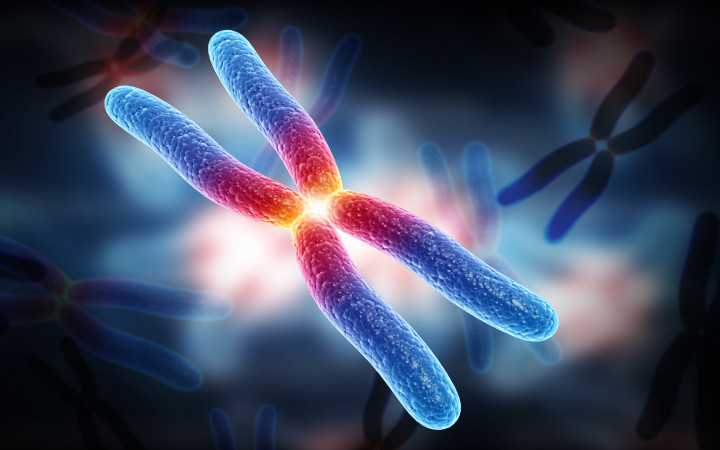Today’s Wonder of the Day was inspired by Lily. Lily Wonders, “What is Prader-Willi Syndrome?” Thanks for WONDERing with us, Lily!
Isn’t the human brain amazing? It can hold so much information. At the same time, it’s able to grow and change as we learn new things. Many parts of your brain work together so you can do all the things that make you, you!
Still, each person’s brain is unique. Yours is influenced by all the other systems that make up your body. This includes the DNA stored in your chromosomes. Sometimes, the makeup of your chromosomes can change how parts of your brain function. Today, let’s learn more about one result of this influence—Prader-Willi syndrome!
Prader-Willi syndrome (PWS) is caused by the genes stored in chromosome 15. Many of our Wonder Friends already know that people inherit chromosomes from each of their parents. PWS occurs when someone either does not inherit chromosome 15 from their father or it has been deleted.
Experts think this affects the hypothalamus. That’s the part of your brain that controls many of your bodily functions. This includes hunger, body temperature, pain, sleep, emotions, and many others.
Maybe you or someone you know has PWS. If so, you probably know it’s very rare. It occurs in about one of every 15,000 people. Who is most likely to have PWS? Experts say it affects genders and ethnicities equally. Anyone can have PWS, and the change in chromosome 15 happens early in fetal development.
What are the symptoms of PWS? Many people with this condition often find themselves unable to quench their appetite. Those with PWS often need help from caregivers to avoid overeating. PWS can also cause low muscle tone, trouble sleeping, and developmental delays.
Often, these symptoms can be controlled or prevented with help from doctors. Many PWS patients receive treatment in the form of growth hormones, which doctors have found successful. Still, people with PWS are often at a higher risk for other issues, such as diabetes, as well.
Does someone you care about have PWS? You can help by supporting them in ways suggested by their doctor. Many people with PWS go to school, have jobs, and contribute to their communities.
PWS is just one of many chromosome disorders. Experts are still learning about genes and how they affect the human body. Would you like to do this kind of research one day? Maybe you could make the next big discovery in DNA!
Standards: CCRA.L.3, CCRA.L.6, CCRA.R.1, CCRA.R.2, CCRA.R.4, CCRA.R.10, CCRA.SL.1NGSS.LS1.A, NGSS.LS3.A, NGSS.LS3.B, CCRA.W.2, CCRA.W.4, CCRA.W.9, CCRA.L.1, CCRA.L.2




